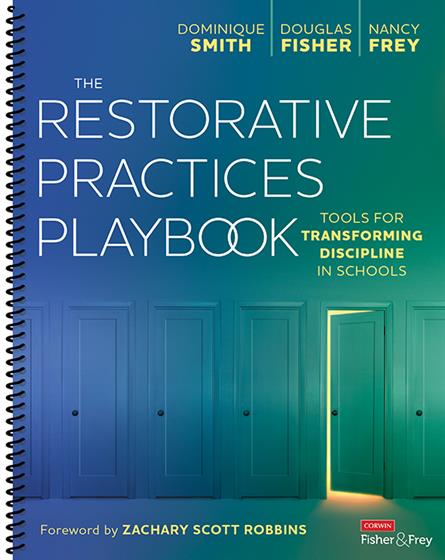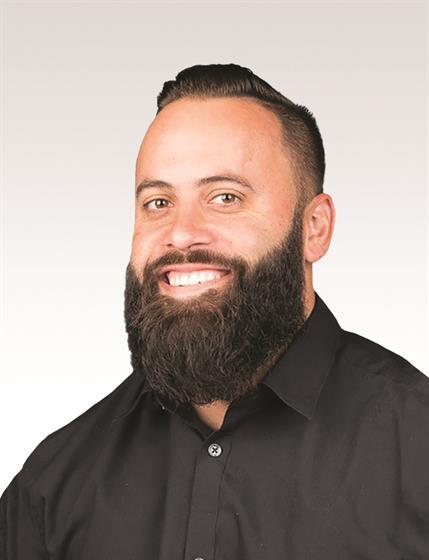Hands-on, Practical Guidance for Educators
From math,
literacy, science, equity, multilingual learners, and SEL, to assessment, school counseling,
and education leadership, our books are research-based and authored by experts
on topics most relevant to what educators are facing today.

Bestseller!
The Restorative Practices Playbook
Tools for Transforming Discipline in Schools
Foreword by Zachary Scott Robbins
Transform negative behavior into a teachable moment at your school, utilizing restorative practices that are grounded in relationships and a commitment to the well-being of others.
Product Details
- Grade Level: PreK-12
- ISBN: 9781071884584
- Published By: Corwin
- Year: 2022
- Page Count: 184
- Publication date: March 30, 2022
Review Copies
Review copies may be requested by individuals planning to purchase 10 or more copies for a team or considering a book for adoption in a higher ed course. Request review copy




